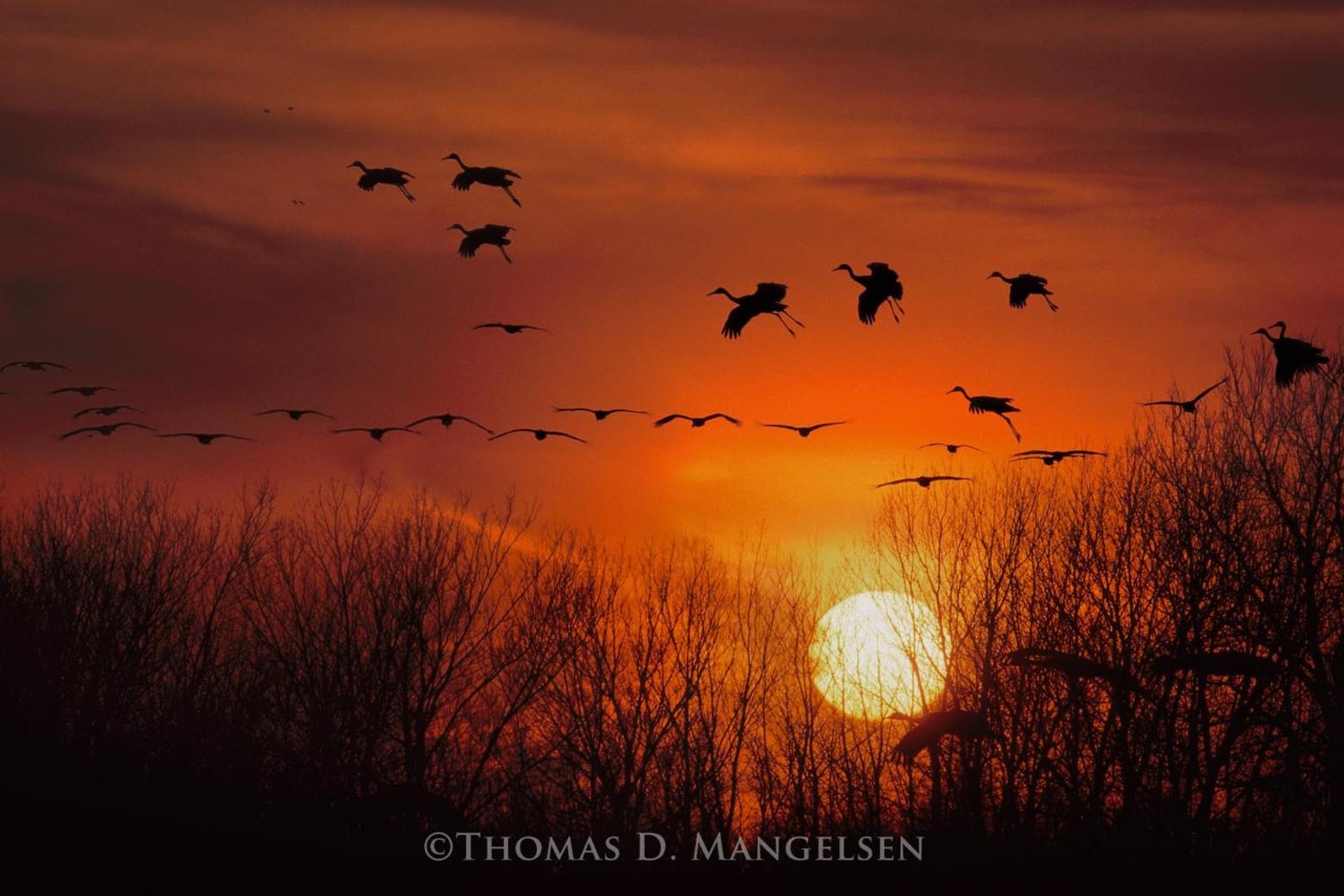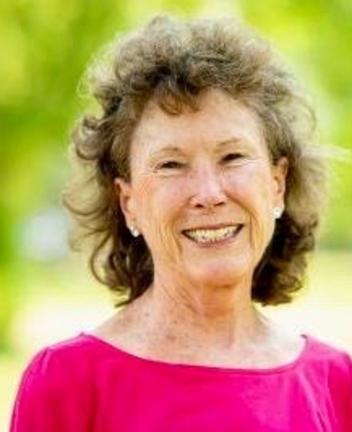Back to StoriesThe 'Wild West' Is Finite: Let's Not Consume It All
I was jogging on a high bench road this autumn marveling at the glorious results of a slow three day rain and the dry land taking a deep drink. Then I heard the distinctive chorus of sandhill cranes. Maybe 50 were flying high overhead in circles, gathering the strays and preparing for their migration south.
November 7, 2022
The 'Wild West' Is Finite: Let's Not Consume It AllDorothy Bradley devoted her career to protecting Montana's sense of place. Now, in her twilight years, she says the conquering of nature has got to stop
by Dorothy Bradley
I was jogging on a high bench road this autumn marveling at the glorious results of a slow three day rain and the dry land taking a deep drink. Then I heard the distinctive chorus of sandhill cranes. Maybe 50 were flying high overhead in circles, gathering the strays and preparing for their migration south.
The beautiful refrain was so haunting it dropped me to my knees, as it would the toughest mortal on the planet. I remember that geese honking their way south on cold October nights had the same effect on my father — as he said, something about the celebration of the seasons and the melancholy of the transitory nature of life.
For me it is the “Sandies” who pull at my heart — who arrive so punctually in March that you can set your clock by their first call, and who are just as predictable in announcing their end-of-summer exodus.
And then, of course, I started worrying about them. (Worrying is something one perfects in one’s 70s.)
What kind of crane baby crop survived the extraordinary summer heat? Maybe the birds aren’t staging as normal at the edge of a waterway because the reservoir is dry. What are the new challenges they must overcome as they migrate south over an increasingly dry landscape?
This led me to return to a useless but interesting set of contemplative questions. This is an exercise where I ask myself what I am willing to forego in trade for some-or-other odd benefit. “What am I personally willing to give up to help preserve habitat for the Sandhills?”
Or — what am I willing to forego as my contribution to ease climate change?
Would I turn down the air conditioner five degrees—10 degrees? Would I cut my air travel in half, or my car mileage a third? Would I give up avocados to save monarch butterfly habitat?
Most people won’t trouble themselves with these useless questions.
The beautiful refrain was so haunting it dropped me to my knees, as it would the toughest mortal on the planet. I remember that geese honking their way south on cold October nights had the same effect on my father — as he said, something about the celebration of the seasons and the melancholy of the transitory nature of life.
We argue ourselves out of it saying, “It won’t do any good anyway.” But I find myself believing more and more in the potential of individual/group/community decisions to ease problems rather than huge institutional/governmental reorientations that are disastrously slow and seriously experimental.
But if we make some sacrifices together, the impact can make a difference. Take the issue of wilderness in our beautiful Montana. No one can predict when political action will provide finality by designating wilderness acreages, but I am skeptical that government action would be as meaningful as self-generated public commitment and peer pressure.
Too many super-recreationists chafe at public land regulations, and violate them with a sense of entitlement. Instilling a land ethic — wherein we humans are members of the land community instead of conquerors of it — has better chances as a remedy.
The only thing that might make a difference to our wildest parts of Montana, and our vanishing habitat and migration corridors, is when enough people decide they can make small personal sacrifices which become meaningful when we do it together.
Too many super-recreationists chafe at public land regulations, and violate them with a sense of entitlement. Instilling a land ethic — wherein we humans are members of the land community instead of conquerors of it — has better chances as a remedy.
Would we be willing to ride a ski lift once every two weeks to share access—or are we just going to build new ski lifts in abandon? Would we hike on a trail only once every two weeks, and forego heli-skiing and mountain bikes, to preserve enough solitude for the wolverine?
Do we really want to see millions more people in Yellowstone Park, and bumper to bumper boats in the Madison River, or would we consider limiting ourselves and restraining our massive appetite for all things wild in Montana?
One thing is certain — nothing significant will happen until we accept responsibility for our share of the problems, and our responsibility for solving them. I have hopes that we will opt for some restraints in return for saving a few extraordinary niches on the planet. If you hear the cranes calling as they circle high overhead, you will darn near trade your life for a guarantee that they will be back in the spring.



